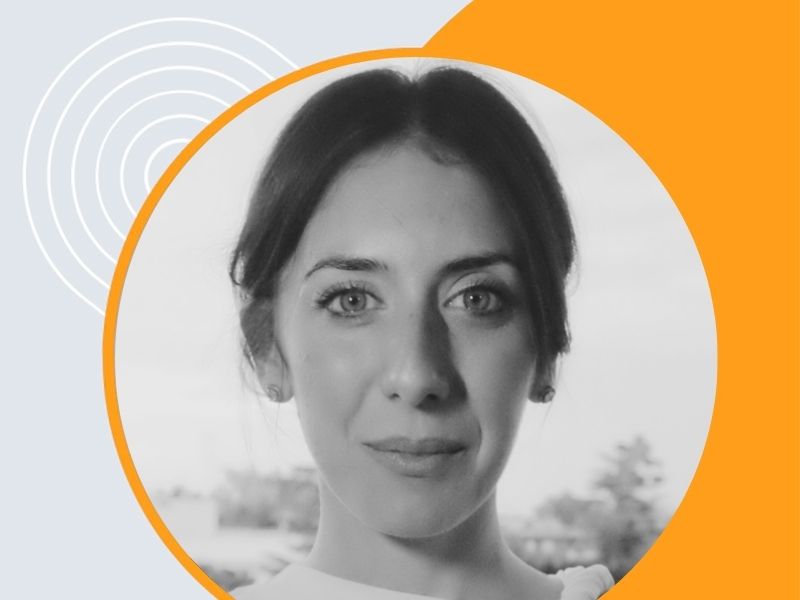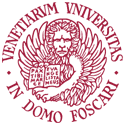Arianna Mazzon, Venezia FC
Curated by VSM Alumni, January 2025

Creating value through partnerships that connect territory, sport, and culture - the story of a partnership manager at Venezia FC
Arianna Mazzon is the Partnership Manager at Venezia FC, where since 2021 she has been responsible for developing activation strategies for the club’s partners and managing external relations. In her role, she oversees collaborations with companies and institutions across various sectors, including prominent cultural partnerships such as those with La Biennale di Venezia, the Civic Museums, Save Venice, and Ocean Space—working on projects that interweave sport and culture.
Previously, she gained experience at Diadora, working on public relations and trade marketing, and at La Biennale di Venezia during the 2019 Art Exhibition.
Arianna holds a Master’s degree in Marketing and Communication from Ca’ Foscari University of Venice. She has a particular passion for art, culture, and travel—interests that positively influence her strategic approach.
What does your role as Partnership Manager at Venezia FC involve? What are your main responsibilities?
My role as Partnership Manager at Venezia FC sits at the intersection of sales and marketing/communication. Specifically, I activate the benefits defined in the contracts with commercial partners, ensuring each collaboration is fully leveraged while remaining aligned with the club’s marketing strategies.
I also manage partner relationships, acting as the main point of contact to ensure ongoing communication. At the same time, I coordinate and activate cultural and community partnerships with institutions such as La Biennale di Venezia, Save Venice, We Are Here Venice, and Ocean Space. Finally, I oversee the planning and execution of institutional events.
How do you build and manage strategic partnerships in a football club like Venezia FC?
Building and managing strategic partnerships in a football club like Venezia FC requires a balance between achieving the club’s objectives and creating value for the partners.
On one hand, we work to ensure that each partnership aligns with our strategies: from meeting sales targets to reinforcing brand positioning, which combines heritage, innovation, and a deep connection to the city.
On the other hand, we focus on the value a partnership can provide to companies that choose to invest in football. This includes:
Brand visibility and recognition, thanks to Venezia FC’s international reach;
- association with positive values such as integrity, diversity, inclusion, and community engagement;
- fan involvement through tailored strategies that foster authentic interaction with our community;
- consistency and authenticity, which are crucial to strengthen the partner’s brand credibility;
- activations that go beyond matchday, delivering value throughout the entire season;
- long-term projects that generate lasting and meaningful impact.
My role is to manage the partnership from the initial negotiation through to the design of activations that are innovative, relevant, and impactful for both parties.
What are the main challenges you face in your work, and how did your management studies prepare you to tackle them?
One of the main challenges I face is balancing the needs of various stakeholders. This requires ongoing relationship management, negotiation skills, and strategic thinking.
Other challenges include managing complex projects—often under tight deadlines and with multiple collaborators—and designing increasingly creative and innovative activations to stand out from direct competitors.
My academic background in management provided me with essential tools to meet these challenges: my training in marketing and communication taught me how to structure effective operational plans and make decisions based on data and goals. At the same time, the group work and hands-on projects during university were crucial for developing the ability to think outside the box, collaborate in teams, and navigate interpersonal dynamics.
Can you tell us about your collaboration with the Venice School of Management? What was it like to return to the classroom during the Communication course led by Professors Cinzia Colapinto and Francesca Checchinato?
Returning to the classroom as a guest speaker was a very special moment for me. It was a way to give back—sharing my experience as an alumna and showing students how partnerships are developed in the world of sports.
I particularly enjoyed responding to their questions at the end of the lecture. I was impressed by their curiosity and the attention they showed toward the topics we covered. The students’ final projects were very well done—some even touched on ideas similar to ones we’ve explored at Venezia FC.
During your meeting with the students of the Venice School of Management, you had a chance to review some of their projects and ideas. Which insights or outcomes stood out to you? How do you see them being applied in the world of strategic partnerships and sports business?
The students’ final projects demonstrated both creativity and a strong grasp of the dynamics involved in strategic partnerships. Some focused on activations that could enhance the connection between the club and the territory, while others explored the potential of specific products, showing an understanding of athletes’ needs.
In most of the work, I saw key concepts we had covered in class, such as the importance of consistency and authenticity between the club and the partner company. A successful partnership isn’t just about visibility—it’s about shared values and common goals.
Some ideas were different from the evaluations we typically make internally, but they were well-justified. These insights could be genuinely effective in our approach to companies for next season.
Other suggestions were so close to concepts we’ve already developed at Venezia FC that they confirmed the strength of our work. These projects have real potential in the sports business world—not only for their creativity but also for their focus on long-term strategies that generate value for both the club and its partners.
What advice would you give to students of the Venice School of Management who aspire to follow in your footsteps and work in a field where sport, business, and communication intersect?
If I could offer one piece of advice to students who dream of working in a field where sport, business, and communication come together, I’d say this: even though I entered this world somewhat by chance, having a dedicated educational background is definitely a good starting point. This sector requires specific skills, so pursuing specialized academic paths is essential.
I’d also highlight something I learned through experience: the football industry, in particular, is built on a tight network of connections, and access to clubs rarely follows traditional recruiting channels. That’s why cultivating relationships is crucial. It’s important to build a strong network and maintain visibility—opportunities often arise from those connections, as I experienced firsthand.
Arianna Mazzon’s story is an invitation for future professionals to take risks, innovate, and build genuine relationships—demonstrating that success is not measured solely by numbers, but also by the positive impact one creates on people, institutions, and communities. In a world where sport, business, and culture increasingly converge, figures like Arianna prove that with the right mix of skills and passion, it’s truly possible to forge meaningful and lasting connections.

